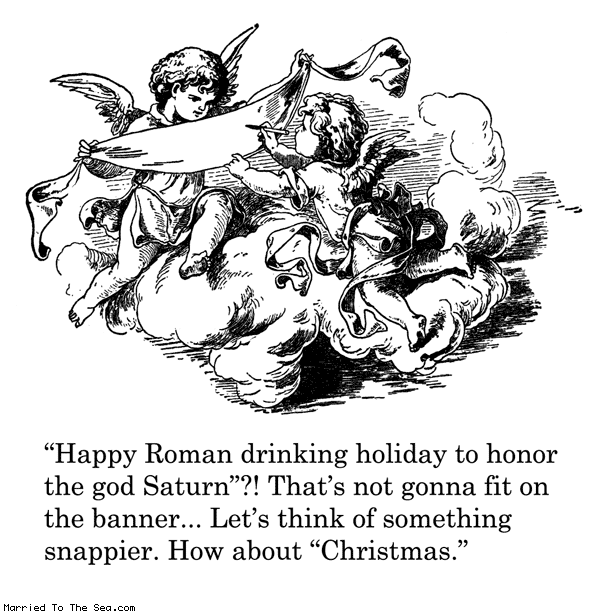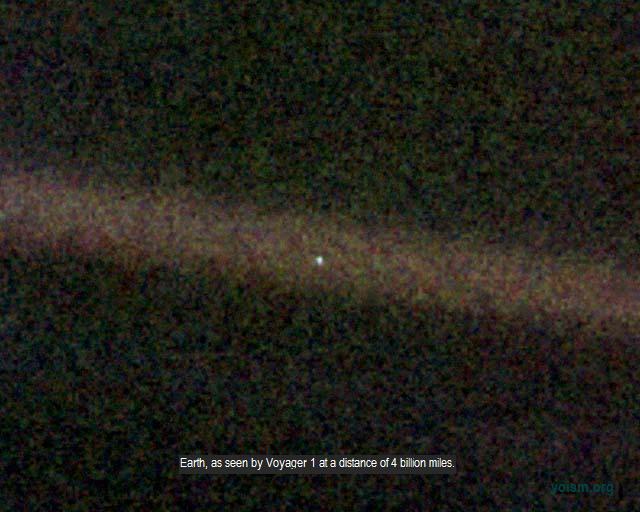I was going to point out the historical inaccuracy of the Flintstones celebrating Christmas, but then I realized it's a cartoon where cave people speak English, bowl, and use birds as record players.
I've been on a non-fiction kick recently. Which is a first for me, since I've been an all-fiction chick since...Green Eggs and Ham, most likely. But I finally decided to listen to Sam-I-am, and dive into reality a bit. Now I like non-fiction. In a box. With a fox.
The book's biggest focus is around proving that humans aren't naturally monogamous. The authors use scientific data and anthropological studies of prehistoric and modern humans (and primates!) to back this up. Overall, it's very convincing.
Plus I learned plenty of new Jeopardy! worthy facts. Including more knowledge concerning gorilla genitalia than I really care to know (I can't unread what I've read!). One interesting tidbit was on the
Mosuo society in China, which sports a matrilineal culture. There, they don't even have words for "marrige" or "rape" (interesting coincidence, eh?). Instead, they have "walking marriages," which is a replacement for the serial-monogamy cycle we tend to uphold in the west (marry/divorce/depression/rinse & repeat). They cut through that boloney and just do the "Hey, let's have sex! With whoever we want! Really, no biggie!" It's one of those fascinating cultures where you're like, wow. Why didn't WE think of that?
The book also got me on a pre-historic streak. Now I'm reading
Before the Dawn: Recovering the Lost History of Our Ancestors, which has been kind of boring and offensive so far. Probably won't be quoting it anytime soon. Also
The Link: Uncovering Our Earliest Ancestor, which has been much more interesting.
But what I appreciated most about the book was it's insistence on the separation between love and sex. That there's a difference between the chemical and the emotional. That sexual exclusivity doesn't equal love. That you can love someone without being "faithful." It's a difficult subject, for sure, and everyone has their own opinion on it. But just how much of that opinion is you speaking, and how much of it is the society you happened to grow up in? We've had the the prince-and-princess, happily ever after, standard Disney fare shoved in our faces for generations. Of course we think monogamy is natural.
Unfortunately that same argument gets a little bit creepy towards the end of the book, when the authors start seeming like bitter divorcees, trying to convince women that they should be totally okay with cheating husbands. And I really wish they addressed the issue of pregnancy more. In an entire book about sex, they barely mentioned its biggest side-effect: babies. They really should have taken that into more consideration when addressing sexual reluctance (in both sexes). Because...babies! It's 2010 and we still have accident babies, don't-ya-know *Palin wink*.
So here are some passages:
No group-living nonhuman primate is monogamous, and adultery has been documented in every human culture studied--including those in which fornicators are routinely stoned to death. In light of all this bloody retribution, it' hard to see how monogamy comes "naturally" to our species. Why would so many risk their reputation, families, careers--even presidential legacies--for something that runs against human nature? Were monogamy an ancient, evolved trait characteristic of our species, as the standard narrative insists, these ubiquitous transgressions would be infrequent and such horrible enforcement unnecessary.
No creature needs to be threatened with death to act in accord with its own nature.
If the independent, isolated nuclear family unit is, in fact, the structure into which human beings most naturally configure themselves, why do contemporary societies and religions find it necessary to prop it up with tax breaks and supportive legislation while fiercely defending it from same-sex couples and others proposing to marry in supposedly "nontraditional" ways? One wonders, in fact, why marriage is a legal issue at all--apart from its' relevance to immigration and property laws. Why would something so integral to human nature require such vigilant legal protection?
From savoring saliva beer or cow blood milkshakes to wearing socks with sandals, there is little doubt that people are willing to think, feel, wear, do, and believe pretty much anything if their society assures them it's normal
Freedom (from war) is just another word for nothing to lose--or gain.
Asking whether our species is naturally peaceful or warlike, generous or possessive, free-loving our jealous, is like asking whether H2O is naturally a solid, liquid, or gas. The only meaningful answer to such a question is: it depends.
Before the war on drugs, the war on terror, or the war on cancer, there was the war on female sexual desire. It's a war that has been raging far longer than any other, and its victims number well into the billions by now. Like the others, it's a war that can never be won, as the declared enemy is a force of nature. We may as well declare war on the cycles of the moon...
In this ongoing struggle between what is and what many post-agricultural patriarchal societies insist must be, women who have dared to renounce the credo of the coy female are still spat upon, insulted, divorced, separated from their children, banished, burned as witches, pathologized as hysterics, buried to their necks in sand, and stoned to death. ...
If psychiatrist Mary Jane Sherfey was correct when she wrote, "The strength of the drive determines the force required to suppress it"...then what are we to make of the force brought to bear in the suppression of the female libido?














